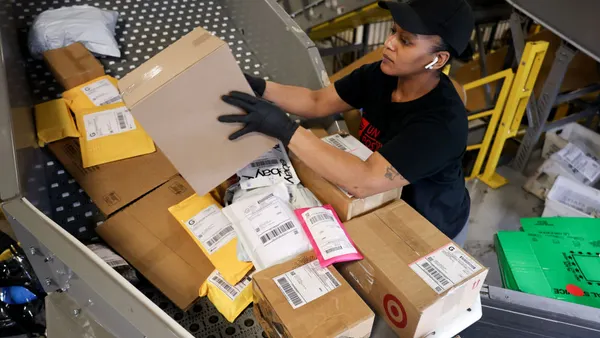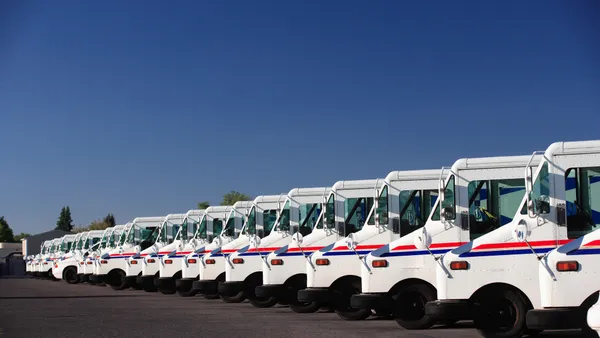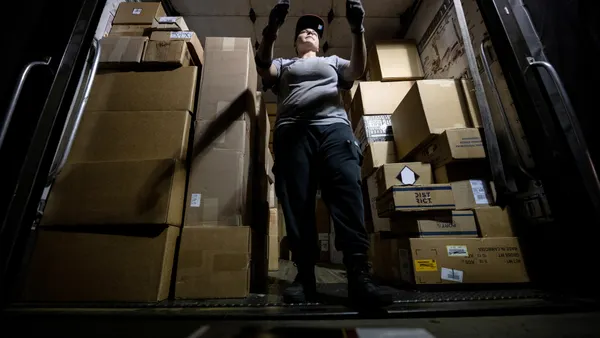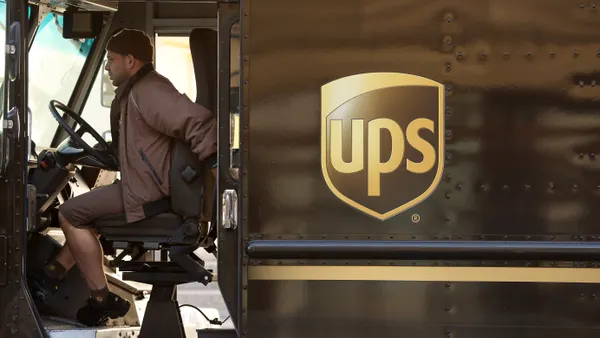Dive Brief:
- Peloton's order-to-delivery times will not return to normal until 2021, executives said on a Thursday earnings call. The fitness company doubled production capacity this year in an effort to increase output of exercise bikes and treadmills, but demand remains elevated.
- The company has delayed or downsized new product launches because of the production shortfalls. "We had to make some tough decisions regarding supply chain resource allocation, due to the surge in demand we've been experiencing for our bike," CEO John Foley said, blaming the resurgence of coronavirus cases in several states for keeping demand above normal for the second quarter in a row. Peloton's revenue in the quarter ending June 30 was up 172% YoY — somewhat buoyed by undelivered bikes from the previous quarter.
- A new factory in Shin Ji, Taiwan, will come online in December. The facility will be able to produce Peloton's bikes and treadmills.
Dive Insight:
The build-up was already in progress when demand began to climb in the spring. Peloton acquired one of its supplying factories last year. Since that acquisition, a majority of its products are made in Peloton-owned factories.
The additional factory in Taiwan will help to get production up to par. Third-party manufacturers are upping the space too, but executives anticipate Peloton will be in building mode for the foreseeable future, independent of the twists and turns of the pandemic.
Peloton President William Lynch said the company is confident in its demand forecast, which covers the first half of 2021 and has supply catching up to demand early in the new year. Peloton expects another 100% revenue growth YoY by that time.
"We feel like there's such a massive opportunity that we need to invest heavily in supply chain for years and years to maintain it," Foley said, responding to an analyst who asked if the company was at risk of building up too much production capacity, given the highly unusual environment of 2020.
Though production is still behind, logistics has become a strong point for the fitness company. After struggling with delivery last year and in-sourcing a portion of deliveries to fix the problem, Peloton is now confident enough in its logistics capabilities to start a reverse logistics program wherein users can trade in their old bikes for a newer model, and Peloton will pickup old bikes to facilitate the trade.















